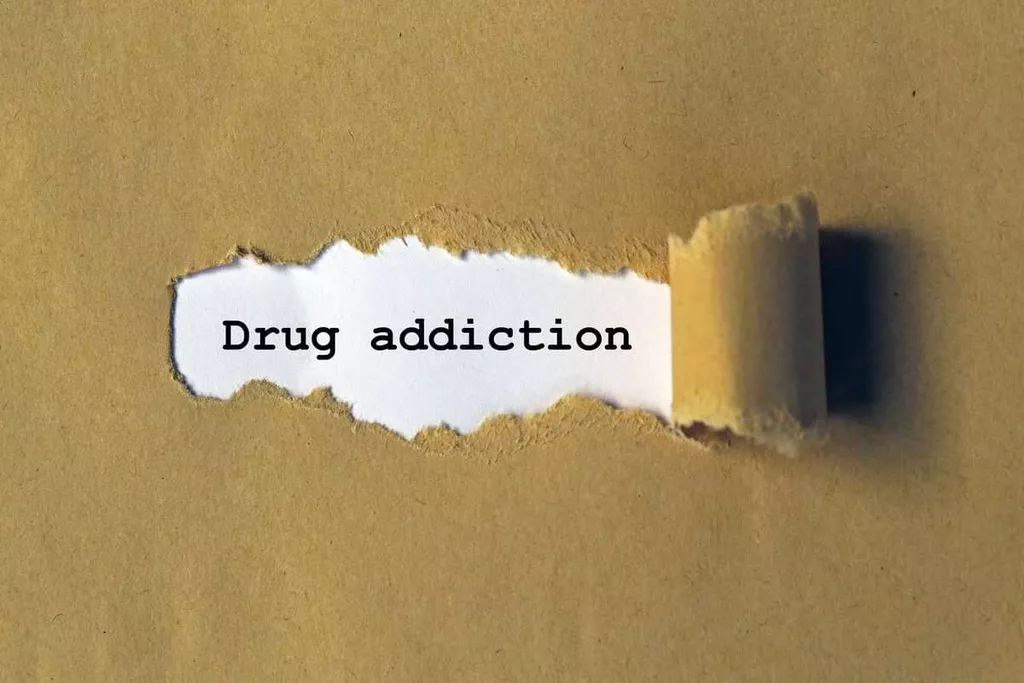I was surprised, given my hopeless sense of direction, to score an average mark for that. I run through my never-ending to-do list in my mind – washing, homework, sorting out that pile of books for the school fair. “Hang on, let me just check,” I say, knowing https://ecosoberhouse.com/ full well that I haven’t. ” goes my phone with a work email which needs responding to immediately. Proper nutrition and hydration during eating periods are crucial to ensure the safety and effectiveness of intermittent fasting for NAD enhancement.

How Does Heavy Drinking Affect the Brain Long-Term?
But a person who did not previously experience brain fog may experience it during or after withdrawal. Brain fog during withdrawal does not differ substantially from brain fog during addiction. Drinking heavily can also impair your cognition by affecting your diet and vitamin absorption. Some alcoholics become deficient in an enzyme that prevents them from metabolizing vitamin B1 (thiamine), or they simply don’t eat a nutrient-rich diet, causing malnutrition. The resulting deficiencies can lead to cognitive impairment and alcohol-related brain damage. Before we dive into alcohol’s impact, it’s important to remember that the amount you drink completely changes its overall effect on your brain health.
Alcohol Brain Fog After Drinking? Causes, Symptoms, and Treatment
People with DT may experience seizures, dangerous changes in blood pressure, and excessive vomiting and diarrhea, which can result in nutritional deficiencies. Following Wernicke’s encephalopathy, the person may develop signs of Korsakoff syndrome. If you drink for long periods of time, it can cause depression, and when you abruptly stop drinking, it can cause anxiety,” says Dr. Anand. “When you drink alcohol, it makes you a little bit more talkative.
- Alcohol also dulls sensory uptake, so it might be difficult to take in new information.
- “This formation of new connections is known as synaptogenesis and it occurs with new learning.
- Or, find rehab facilities near you right now to get started on your journey towards recovery.
- Niacin is well-known for its ability to lower LDL (bad) cholesterol and increase HDL (good) cholesterol levels.
- Plus, we’re always introducing new features to optimize your in-app experience.
- While alcohol is a relaxant and can make you feel good at first, chronic alcohol use can cause mental health issues.
How Does Alcohol and Brain Fog Impact Early Sobriety?
The researchers noted that men who had more than 2.5 drinks per day showed signs of cognitive decline up to six years earlier than those who did not drink, quit drinking, or were light-to-moderate drinkers. Alcohol abuse can lead to a deficiency in thiamine (vitamin B1), essential for proper brain function. Thiamine deficiency can result in Wernicke-Korsakoff syndrome, a severe neurological disorder characterised by memory loss, confusion, and coordination problems. Brain fog is that fuzzy, forgetful feeling that can happen for various reasons.

How to recognize the signs of mental health issues
Can You Drink Too Much Water? – EatingWell
Can You Drink Too Much Water?.
Posted: Tue, 16 Apr 2024 07:00:00 GMT [source]
We might find ourselves in that brain fog state, forgetting things more often or having difficulty concentrating. Therapy and counseling can help tackle the root causes of alcohol addiction and brain fog. It can provide invaluable alcohol brain fog support by addressing underlying mental health issues and developing coping mechanisms to prevent relapse. It can also help manage symptoms of alcohol withdrawal, such as brain fog, for a more successful recovery journey.
Ask Dr James: Why can’t I stop yawning?
Heavy drinking may weaken parts of the brain that are responsible for cognitive function and emotion regulation. People who drink regularly may notice that alcohol does not have the same effect on them as it used to. You build up a tolerance over time and do not feel as good as you once did with the same amount of alcohol. High alcohol consumption can damage your brain and the rest of your body. Research has shown that there’s no safe level of alcohol consumption.
- These can include anxiety, depression, irritability, and sleep disturbances.
- It can help to eat healthfully, get creative, and take regular screen breaks.
- Alcohol consumption can cause brain fog due to its impact on basic cognitive processes and the central nervous system.
- So, it’s difficult to pinpoint exactly what’s causing the brain fog — COVID-19 or these other closely related symptoms.
Healthy Withdrawal
It’s characterized by confusion, forgetfulness, or a lack of mental clarity. Yes, brain fog is a common symptom of alcohol withdrawal and may continue for a while afterwards. This can make it difficult to concentrate, remember names, or focus, and you may feel mentally fatigued. The journey to recovery involves managing withdrawal symptoms, making healthier lifestyle choices, and exploring various treatment options including therapy, counseling, medication, and detox programs. So, pace yourself, stay committed, and keep moving forward, one step at a time.
- There is no set of symptoms that all people with brain fog experience.
- By recognizing the signs and taking proactive steps, it’s possible to lift the fog and improve your cognitive function.
- It might be challenging to think clearly, and you could feel confused or need help making decisions.
- This is because alcohol has a dehydrating effect on the brain, which can cause cells to shrink.
A Timeline for Cognitive Recovery after Abstinence
One common reason for this may be because of neuroinflammation caused by the constant activation of your hypothalamus pituitary adrenal pathway. One idea is that your body’s immune system response could cause inflammation in your brain. When inflammation occurs, this could cause a temporary blockage in processing information. Brain fog can also be caused by chronic stress, hormonal changes or blood sugar imbalances. Without treatment, DT can be fatal in more than one-third of people whom it affects.








